Ungovernable or humanitarian experimentation? Generative AI as an accountability issue
This blog discuss the type of accountability challenges generative AI, such as Chat GPT, represents for humanitarian governance.

This blog discuss the type of accountability challenges generative AI, such as Chat GPT, represents for humanitarian governance.

Is AI set to disrupt global humanitarian action? This blog explores the broader implications of evolving AI for humanitarian action, aid work and aid workers.

This blog identifies a problematic lack of engagement with AI in the humanitarian strategies of donor countries and offers a set of pointers for framing conversations on AI in aid policy.
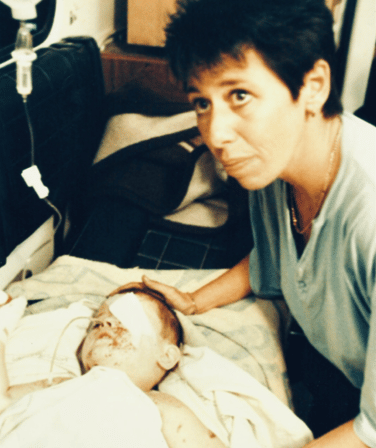
In this NCHS Conversation, humanitarian aid worker Sally Becker discusses contemporary challenges in humanitarian response, as well as how technology can assist in the delivery of humanitarian assistance.
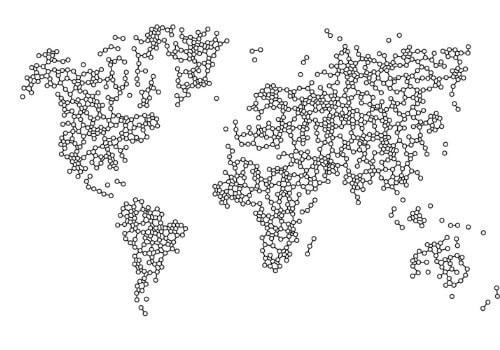
Data play an increasingly important role in response efforts. This blog examines data and definitions, and expectations and standards – and why they matter for more effective humanitarian response.
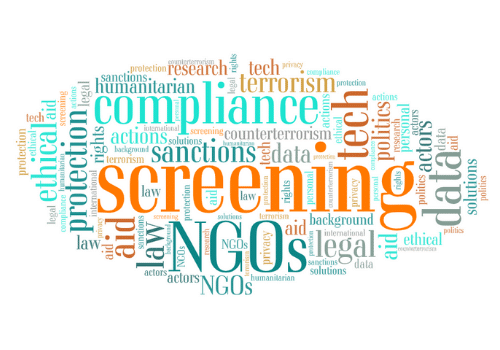
This blog discusses ‘screening’ as an activity conducted by larger international NGOs that receive funding from governmental donors with conditional clauses to prevent financing terrorism.
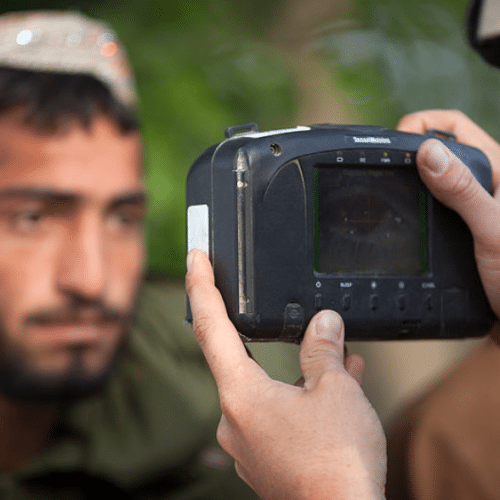
This blog examines the security implications for Afghans who have had their biometrics registered by humanitarian or military agencies.

This blog explores the challenges associated with the use of biometrics for the delivery of humanitarian aid in Yemen, including privacy and data protection considerations.

This blog examines how digital technologies interact with refugee law and refugee protection, and presents a case for digital refugee lawyering.

This blog examines how a tech-reliant humanitarian sector increasingly finds itself implicated in a global war on data.
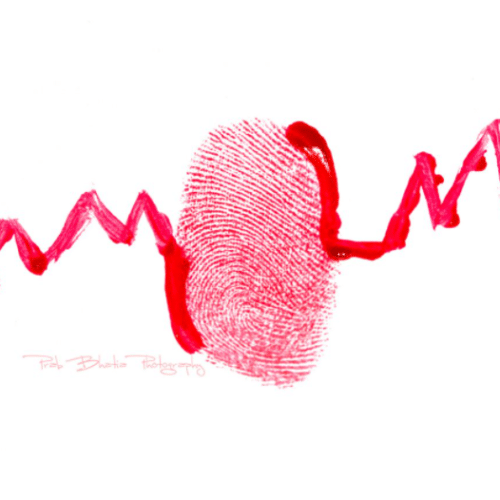
How can the digitisation of the human rights field re-shape ideas about death and the practices of care and control of the dead in the international space.

In the aid sector, the onset of ‘digital humanitarianism’ has produced a significant amount of hype with frequent promises that the latest digital device or platform will be a ‘game changer’.